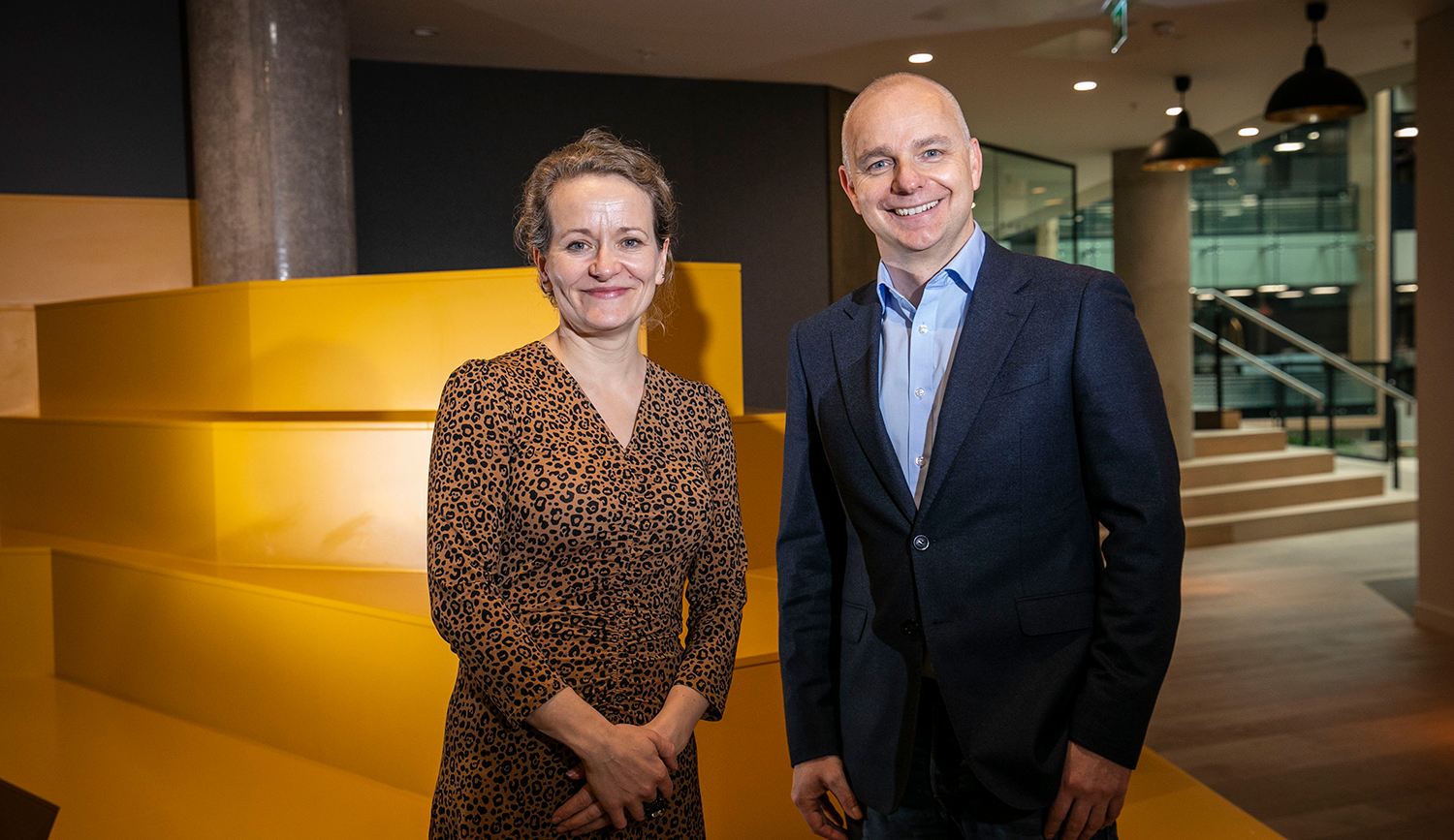Adelaide and Meath Hospital and Ergo win Innovation Award
The Adelaide and Meath Hospital in Tallaght have won the Public Service Category in the Irish Times InterTradeIreland Innovation Awards. The hospital achieved the award in recognition of their TEAMS system; a solution built in conjunction with Ergo, enabling the production of electronic discharge summaries.
Kerry Ryder, ICT Applications Support Manager at AMNCH explains, “A staggering 25,000 patients are discharged annually from the Adelaide and Meath Hospital. Ergo assisted us in developing a discharge communication system that enhances the patient experience between hospital and GP, through the transfer of clinical information via integrated technologies.”
John O’Connell, CEO, AMNCH praised all those involved saying, “The Innovation Award brings recognition at the highest level. The award demonstrates the fantastic work being undertaken in the hospital and the TEAMS system is leading the way in patient safety and in delivering a more patient centered service. This work will have a broad impact on improvements in patient safety and business efficiency. Congratulations again to all involved.”
Derek Kehoe, Sales Director at Ergo commented “We are delighted to have been involved in the development of this innovative software with AMNCH. The product satisfies our clients’ needs by improving patient safety and quality of care while increasing hospital efficiency. We believe this solution could do the same for numerous other HSE sites”.
The benefits of the TEAMS solution are immense for the hospital. The system enables AMNCH to electronically capture all changes to a patient’s medication during their stay at the hospital. It also allows for a comprehensive discharge summary to be sent to GPs and pharmacists in real time.
TEAMS is the first application in Ireland to provide this medication reconciliation. In addition, the data from TEAMs can also be transferred electronically to complete private health insurance forms, reducing administration and turnaround time by 30%. Coding has also been standardized, meaning that all diagnosis and procedures can be documented in a common format.






